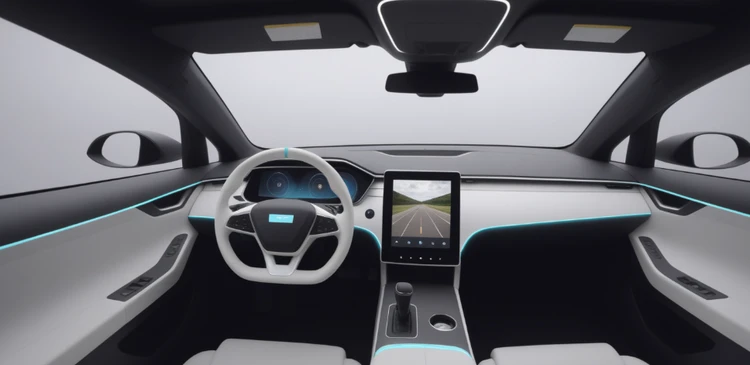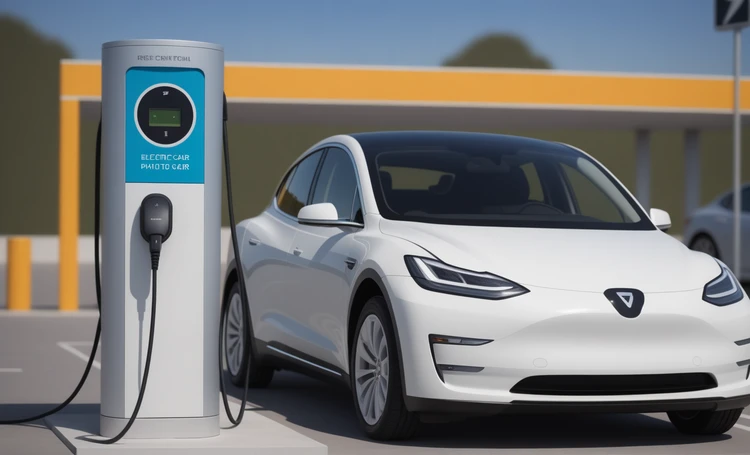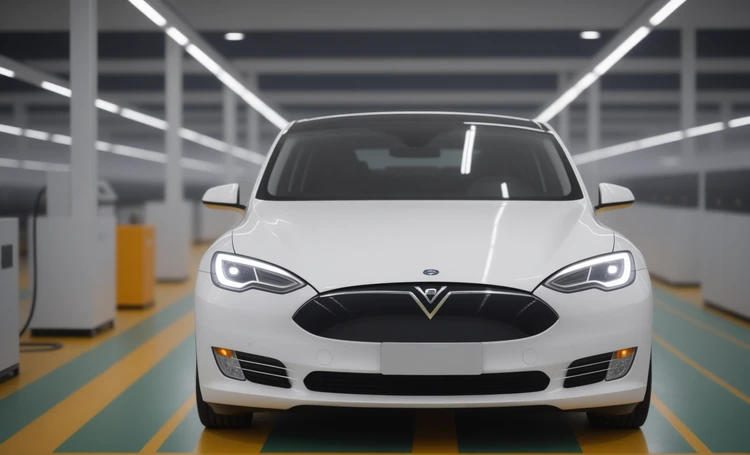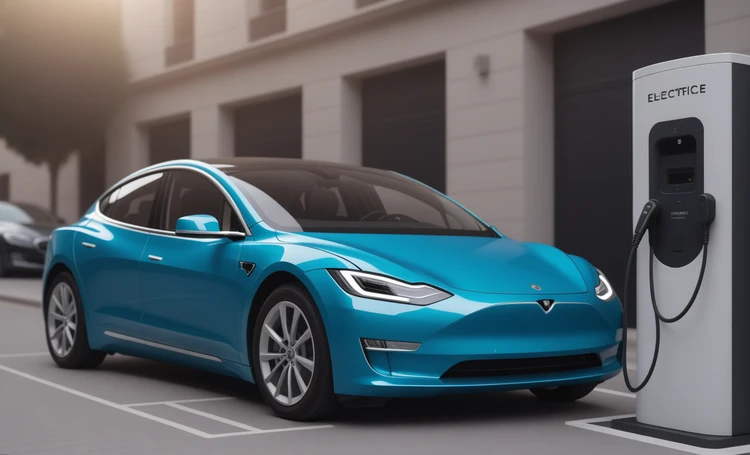⚡️Economic effect from the introduction of electric vehicles
Every year the increase in the number of electric vehicles on the world's roads is becoming more noticeable. If you're interested in how electric vehicles impact the economy, find the best deals here. The economic benefits of electric vehicles seem obvious, but let's look at them in more detail.
📈 Contribution to the economy
Industry growth and investment
Infrastructure development
Creating infrastructure for electric vehicles requires significant investment. From building charging stations to developing more efficient batteries, this is helping to boost domestic investment and create new jobs.
Innovation and Research
Companies like Tesla Inc., continuously invest in research and development, which leads to technological progress and stimulates economic growth.
Reduced operating costs
Saving on fuel for the end user means not only a reduction in personal expenses, but also a reduction in national oil consumption, which has a positive effect on the country's trade balance.
🛠 Labor force and employment
Creation of new jobs
The electric vehicle market is actively developing, which leads to the emergence of specialized professions and an increase in the number of jobs in the production and maintenance of electric vehicles.
Retraining of workers
The transition to electric transport implies the need to retrain employees, which stimulates the educational sector and helps to update the skills of the workforce.
💰 Cost of ownership
Cost of Ownership Comparison
Owning an electric vehicle can be more profitable than owning a traditional combustion engine due to lower fuel and maintenance costs.
Savings on maintenance
Electric cars require less maintenance compared to gasoline cars, which allows their owners to save on regular service.
Reduced fuel costs
Fuel savings increase every year as the cost of electricity to charge electric vehicles remains more predictable and often lower than oil prices.
🌿 Impact on the environment
Reduced emissions
Electric cars help reduce carbon dioxide emissions, especially when the electricity to charge them comes from renewable sources. This leads to improved air quality and reduced healthcare costs.
Stimulating green energy
The rise of electric vehicles is increasing demand for green energy, boosting the development of the renewable energy sector.
📊 Economic forecasts
Market growth
Analysts predict an increase in the share of electric vehicles in the total automobile market, which will lead to increased economic activity in related industries.
Investments in technology
Large and sustained investments in electric vehicle technology are reflected in an increase in patents and innovation, which contributes to economic growth.
Table: Comparison of economic indicators
🌎 World experience
Examples from different countries
Countries that are actively adopting electric vehicles, such as Norway and the Netherlands, are seeing significant economic benefits, including lower oil import costs and increased investment in their own economies.
Incentives and subsidies
Many governments offer tax incentives and subsidies for electric vehicle buyers, which stimulates sales growth and, as a result, economic development.
🚀 Market trends and investment potential
Increased investment
Companies developing and manufacturing electric vehicles are attracting significant investment, indicating investor confidence in the industry's potential.
Infrastructure development
Building charging stations and updating the electrical grid requires investment that revitalizes the economy and creates new jobs.
Traditional automakers are adapting to new market conditions by investing in electric vehicle technologies, leading to changes in market positions and the emergence of new leaders.
📈 Impact on oil prices
Reducing dependence on oil
The rise of electric vehicles is reducing the world's dependence on oil, which could lead to lower oil prices and shift geopolitical balances.
Changing energy markets
Energy markets are adapting to new realities, shifting focus from the oil industry to renewable energy and electricity.
🏙️ Urban infrastructure and planning
Changing urban environment
The rise of electric vehicles has implications for urban planning, including the need to create new charging networks and rethink traffic flows.
Improving quality of life
Reducing noise and pollution improves the quality of life of city residents, which is also part of the economic impact.
🎓 Research and Education
Development of scientific research
The need to improve electric vehicle technology is driving research and innovation.
Specialized education
The emergence of new specialties related to electric vehicles increases the demand for appropriate education and training.
🌐 International cooperation
Global standards and regulations
The creation of international standards for electric vehicles enhances collaboration between countries and industries.
Export of technologies
Countries leading the development of electric vehicle technologies gain an advantage on the international stage by exporting their developments.
🌿 Environmental impact and sustainable development
The economics of electric vehicles are closely linked to environmental initiatives and the desire for sustainable development. Reducing emissions of carbon dioxide and other harmful substances that result from the operation of traditional internal combustion engines significantly improves the environmental situation in the world. This not only helps conserve natural resources, but also strengthens the economy by reducing environmental and health costs.
Impact on public health
Reducing air pollution has a direct impact on people's health, reducing health care costs and increasing productivity.
Growth of eco-tourism
Clean air and improved environmental conditions make regions more attractive for eco-tourism, which opens up new economic prospects.
Green investments
Investments in green technologies, including electric vehicles, are attracting the attention of investors interested in sustainable development and socially responsible investing.
🤝 Social influence and changes in society
The development of the electric vehicle market is driving social change as society adapts to new technologies and changes its transportation habits. The increasing availability and popularity of electric vehicles is leading to a gradual shift in public perception towards environmentally friendly and efficient transport.
Changing consumer preferences
Increased attention to the environment and sustainability is changing consumer preferences, making electric vehicles the preferred choice for more and more people.
Growing public awareness
Information campaigns and educational programs increase public awareness of the benefits of electric vehicles, promoting their adoption.
Inclusiveness and Accessibility
Improving the accessibility of electric vehicles to the wider population, including through government incentives and subsidies, makes eco-transport more inclusive.




